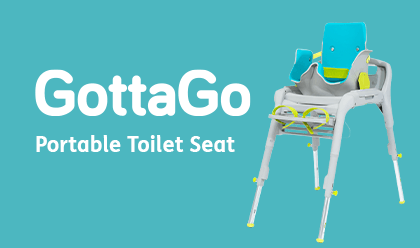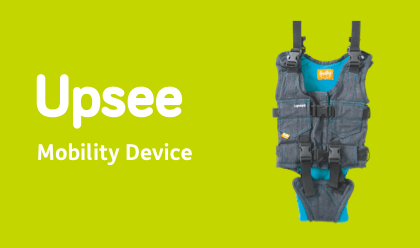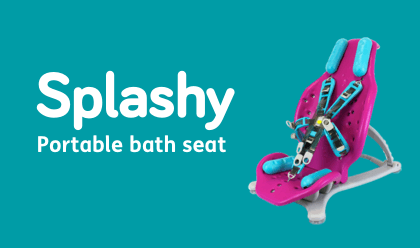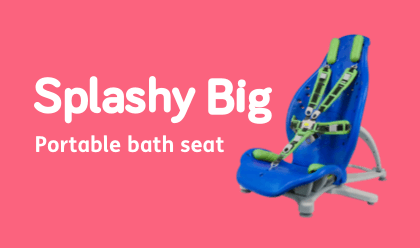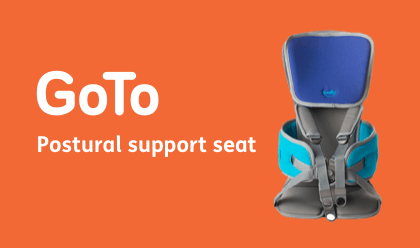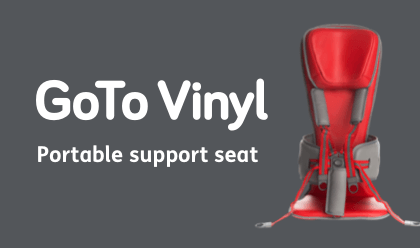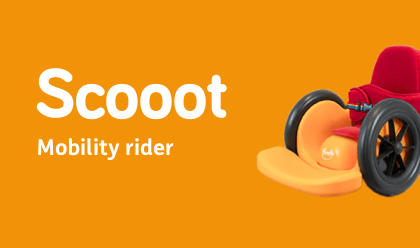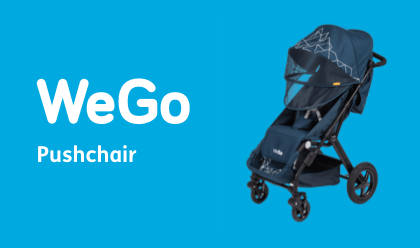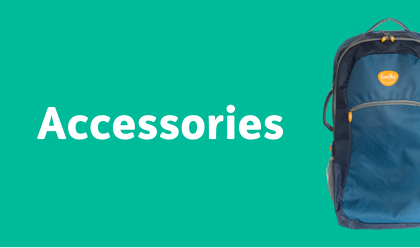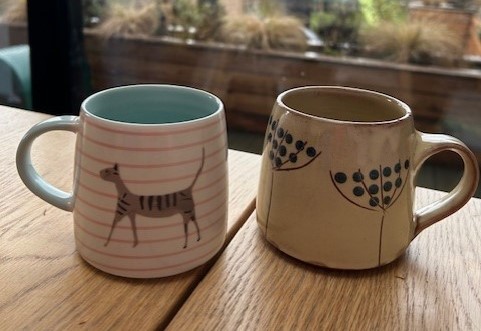Exclusion in an Inclusive Society
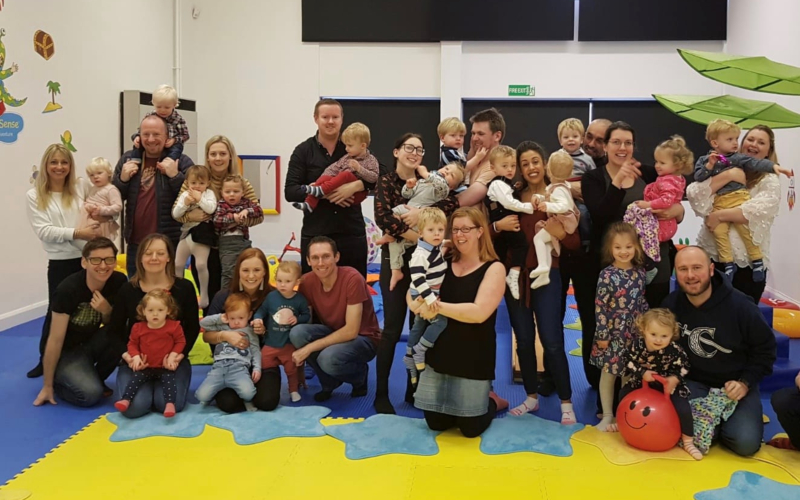
In a society obsessed with inclusion and acceptance, it would appear that this only stretches so far.
It is okay to choose and change your gender, it is okay to be any weight, it is okay to physically alter your body, it is okay to home-school your child and so many more things like this.
But a key point in all of these, is that people have a choice and are included regardless of their choice.
Yet when will disabled people get a choice?
Alfie did not choose to be disabled. He didn’t ask to rely on others for everything.
He is endearing, hard-working and a delightful little boy who lights up a room.
Yet no matter how hard he tries, he cannot choose not to be disabled and still faces exclusion.
When we go on family days out, we struggle to find activities Alfie can join in with.
Supermarkets are only now supplying trolleys suitable for disabled children, yet often only have one in each store.
Parks do not have wheelchair accessible equipment and activities and groups Alfie may find fun are often deemed ‘too young’ for him due to him being a ‘toddler’.
But what do you call a toddler who cannot toddle? What group do they fit into?
These issues are just the starting point and Alfie is only two.
We are at a strange point when we are starting to consider schools for Alfie and Rory, and already we are facing battles and hurdles.
Supposedly inclusive schools cannot offer Alfie a place as his care needs are too great.
The local authority suggestion is to send Alfie to a special needs school, away from his twin Rory.
Rory wouldn’t even be allowed to attend the special needs school with Alfie as he does not have a disability.
How is that inclusion?
From the tender age of four, society still wants to separate those who are able from those who are disabled yet preaches about inclusion.
They do not consider the damage this may cause to both Alfie and Rory who have never been apart for more than a few hours.
Yes, they are individuals, but they are also twins, they rely on each other for support and comfort, as they always have.
It is not as though they could even see each other at break times, as they would be in completely separate schools, and yet this is seen to be a solution.
Children are told not to stare, and adults avoid interaction as much as possible with anyone who has a disability.
Is that person not still human? Do they not deserve to be a part of society?
One thing that is clear is that exclusion is learnt and a product of our environment. Alfie and Rory have been in the same nursery since they were 11 months old.
The children they play with both at nursery and at home see past Alfie’s disability and treat him no differently to Rory.
Alfie is always included and mixes with able-bodied children. He has additional support by a fantastic key-worker at nursery and by us but is never excluded from an activity.
He is encouraged to always join in and is never isolated.
It would appear that society could learn a lot from two-year olds about what inclusion really means.
